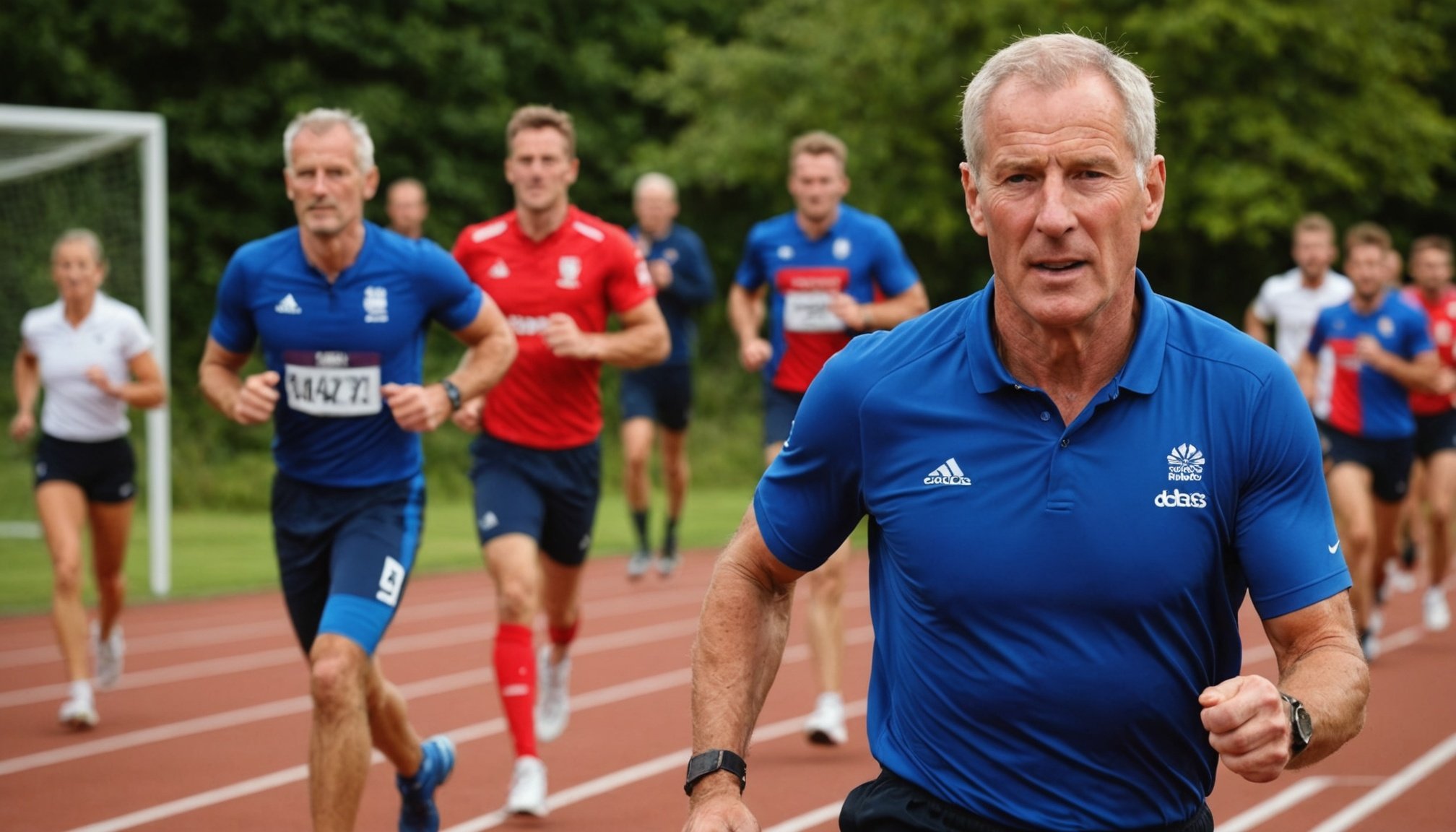Retirement from professional sports is a major transition that every athlete will face at some point in their career. For many, it marks a significant shift in identity and lifestyle, as they move away from the demanding schedule of training and competitions. In the UK, athletes often dedicate a significant portion of their life to sports, developing a unique set of skills and experiences. However, the end of an athletic career doesn’t have to be daunting. With the right preparation, athletes can navigate this transition smoothly and embrace a new chapter full of opportunities. This detailed guide will explore the best ways for UK athletes to prepare for post-retirement life, focusing on mental well-being, career transition, and maintaining a healthy lifestyle.
Understanding the Emotional Impact of Retirement
Retirement from sports is not merely a physical shift; it is a profound emotional experience that can affect an athlete’s mental well-being. After years of maintaining a rigorous schedule, athletes often find themselves grappling with a loss of identity. As professional performers, they are accustomed to the adrenaline of competition, the camaraderie of teammates, and the structure of daily training routines.
Also to discover : What are the psychological benefits of participating in team sports for children?
Emotional Support and Mental Health
To navigate this transition successfully, it’s crucial to address the emotional aspects of retirement. Athletes must prioritize their mental health by seeking support from professionals, family, and peers. Engaging with sports psychologists or counselors can provide an outlet for discussing fears and expectations related to this new phase.
Embracing a New Identity
Life after sports requires athletes to embrace a new identity. This shift involves acknowledging the skills and qualities that transcend their sporting careers. Recognizing their strengths in leadership, discipline, and teamwork can help athletes see their potential beyond the playing field. Community involvement and volunteer work can also provide a sense of purpose and belonging.
In parallel : How do weather conditions affect the performance of UK athletes during outdoor events?
The Importance of Routine
Even after retirement, maintaining a routine is beneficial to mental health. Engaging in regular exercise, pursuing hobbies, and setting new goals can create a sense of stability. Establishing a daily schedule that includes time for relaxation and social interactions can further ease the transition.
Exploring Career Opportunities Beyond Sports
Transitioning from a professional sports career to a new career path presents UK athletes with a unique set of challenges and opportunities. Many athletes possess valuable skills that can be effectively transferred to other professional domains.
Identifying Transferable Skills
Athletes are renowned for their discipline, focus, and teamwork—qualities that are highly sought after in the business world. Identifying and articulating these skills can open the door to numerous career opportunities. From leadership roles to management positions, athletes can leverage their experience to excel in various fields.
Continued Education and Skill Development
Pursuing further education or professional training can expand an athlete’s skill set. Many universities and colleges offer tailored programs for former athletes, allowing them to earn degrees or certifications in their fields of interest.
Networking and Seeking Mentorship
Building a robust professional network is essential for career development. Athletes should seek mentorship from industry leaders who can offer guidance and insights. Networking events and industry-specific seminars provide excellent platforms for making professional connections.
Exploring Entrepreneurial Ventures
Some athletes may be inclined towards entrepreneurship, drawing on their experiences and passions to launch their own businesses. Whether it’s a sports-related venture or an entirely different industry, entrepreneurship offers a platform for athletes to create and innovate.
Maintaining a Healthy Lifestyle After Retirement
Even after retiring from professional sports, maintaining a healthy lifestyle remains essential for athletes. The routine of training and competition instills a strong foundation for health and fitness, which must be adapted to suit post-retirement life.
Adapting Fitness Routines
While the intensity of workouts may decrease, staying active is crucial. Engaging in alternative forms of exercise such as yoga, swimming, or cycling can help maintain fitness levels without the pressure of competition. Participating in community sports leagues can also provide a sense of camaraderie.
Nutrition and Physical Health
Post-retirement, athletes need to pay special attention to their nutritional needs. Transitioning away from the high-calorie diet required for professional sports, they should focus on balanced meals that support overall health. Consulting with nutritionists can offer tailored advice to match new activity levels.
Monitoring Physical Health
Regular health check-ups with medical professionals can help prevent and manage health issues. It’s important for retired athletes to be aware of potential injuries or conditions that may arise post-career, maintaining open communication with healthcare providers.
Addressing Mental Wellness
A holistic approach to health includes mental well-being. Former athletes should practice mindfulness and stress-management techniques to maintain a balanced lifestyle. Engaging in hobbies, spending quality time with loved ones, and exploring creative outlets can promote mental wellness.
Building a Support System for Life After Sports
A robust support system is invaluable for athletes transitioning to life after sports. This network, consisting of family, friends, and professionals, provides emotional, practical, and professional guidance during this period of change.
Family and Friends as Pillars of Support
The role of family and friends during this period cannot be overstated. They offer emotional support, encouragement, and a sense of belonging. Open communication and spending quality time with loved ones can ease the emotional burden of retirement.
Professional Support and Peer Networks
Connecting with fellow retired athletes can be incredibly beneficial. Sharing experiences and advice with peers who understand the unique challenges of this transition can create a strong sense of community. Joining clubs or organizations for retired athletes can offer a platform for collaboration and networking.
Accessing Professional Resources
Engaging with organizations that specialize in athlete transition can provide access to valuable resources. Career counseling, financial planning advice, and workshops on skill development are just some of the services available to help athletes navigate their post-retirement journey.
Embracing New Social Opportunities
Retirement offers the chance to explore new social avenues. Engaging in community activities, joining interest-based groups, or volunteering can lead to new friendships and enrich social lives. These interactions not only provide support but also help build a fulfilling and balanced lifestyle.
Retirement from professional sports marks a new beginning rather than an end for UK athletes. The journey through this transition involves understanding the emotional impact, exploring career opportunities, maintaining a healthy lifestyle, and building a solid support system. By embracing these strategies, athletes can look forward to a fulfilling and prosperous post-retirement life. Despite the challenges, the skills and resilience honed during their careers serve as powerful tools for success in whatever path they choose to pursue. As they redefine their identity and role beyond the realm of sport, athletes have the opportunity to make meaningful contributions to their communities and continue to lead impactful lives.











